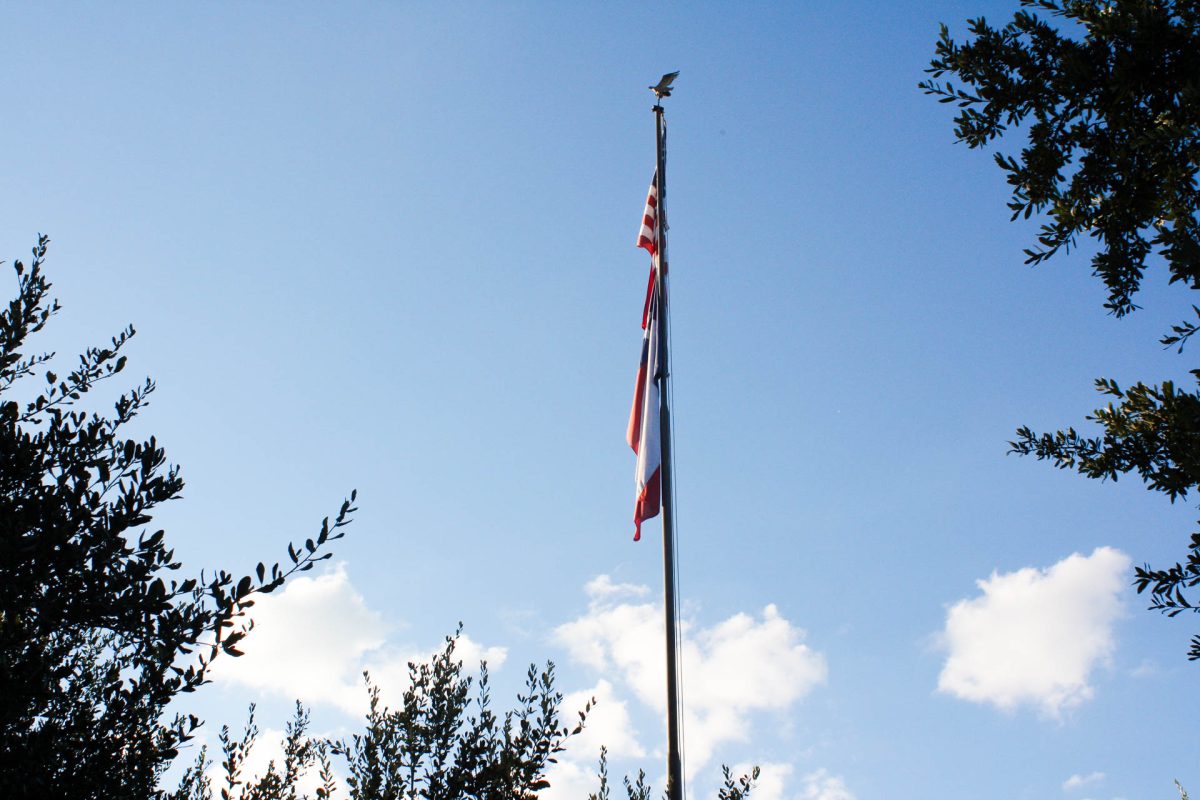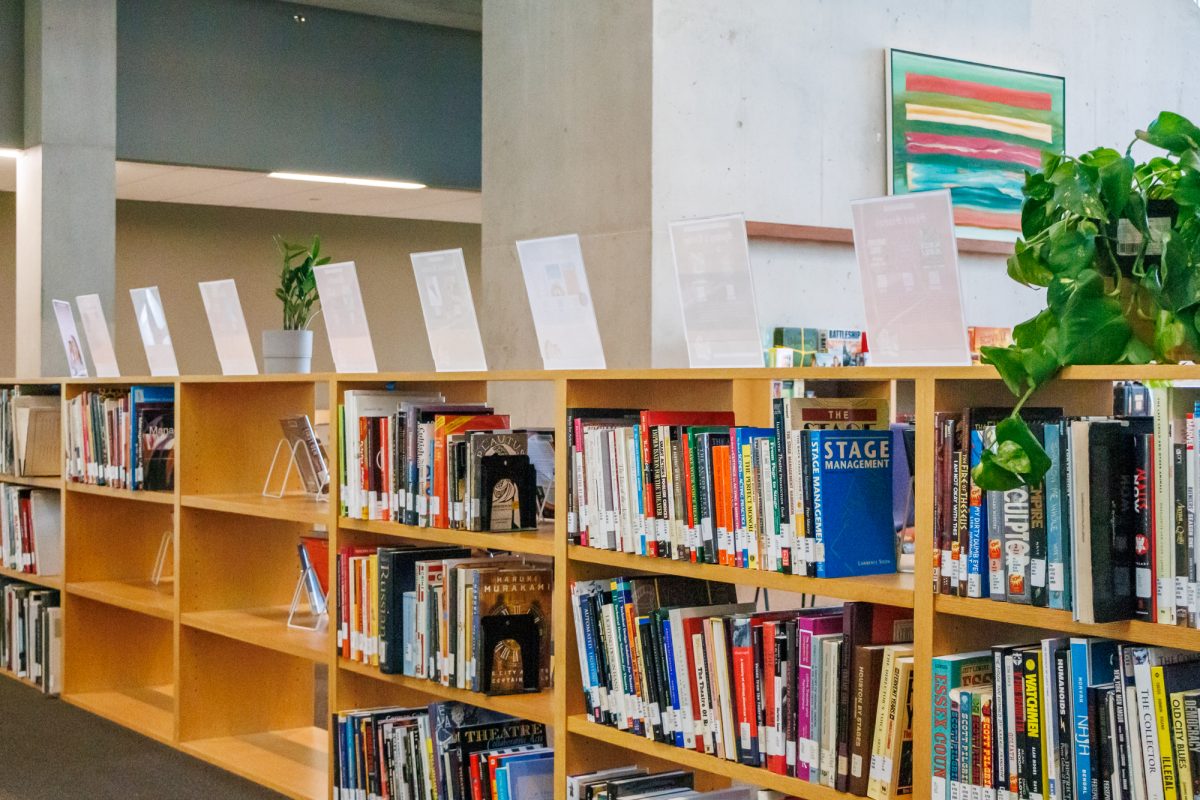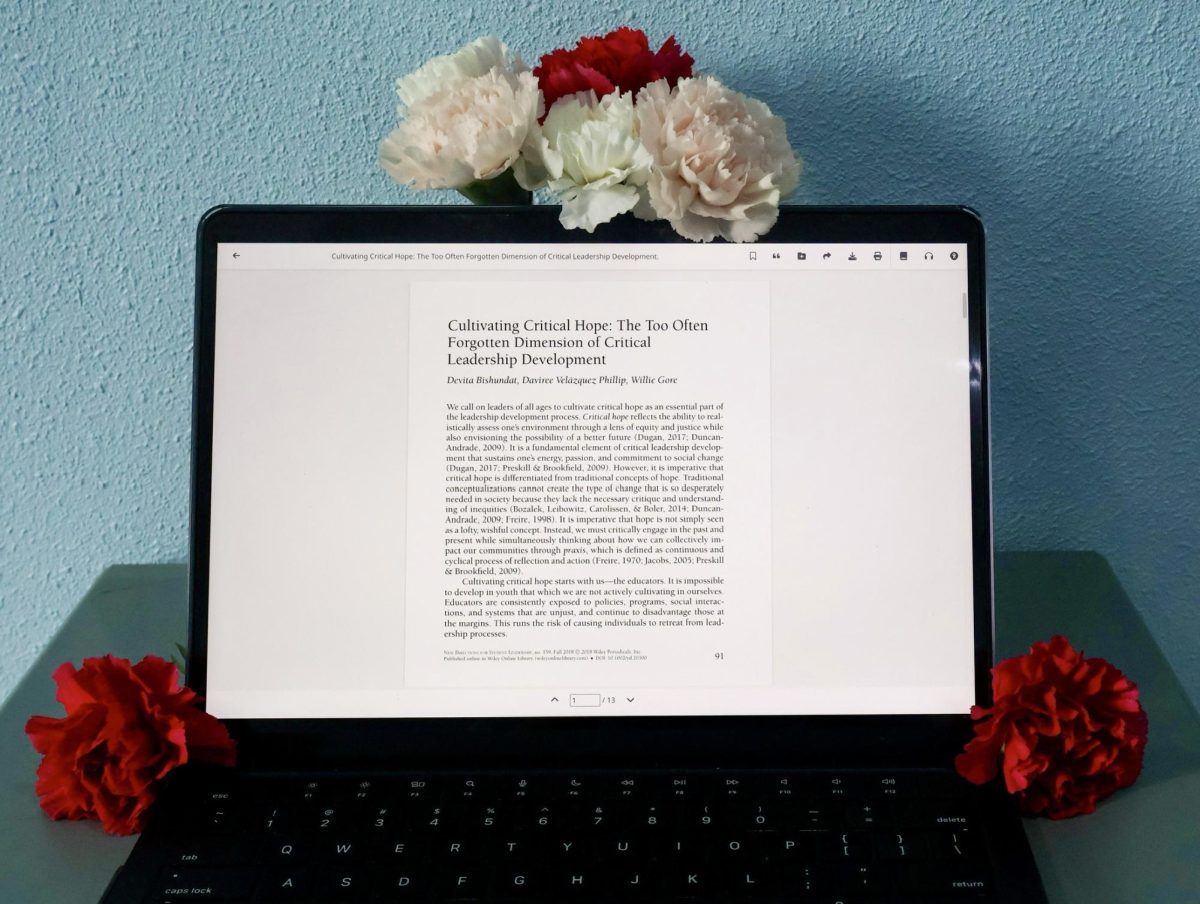The second presidential debate was hosted on ABC news in a relatively quiet manner, due to the lack of a live audience and muted microphones.
Still, over 67 million people watched the debate between Vice President Kamala Harris and former President Donald Trump on Sept. 10; a number much larger than the 52 million who tuned in for the Biden-Trump clash in June.
While this suggests that fervor and excitement for the Harris-Trump race is larger than when Biden was still on the Democratic ticket, I remain skeptical of the overall effects that this debate will have on citizens come election day. As the Wall Street Journal suggests, most undecided voters remain “set in their view about each candidate.” Additionally, I question the overall purpose of debates in a society which holds a significantly diminished respect for truth.
Compared to the past, when debates were tools for electorates to gain understanding of a candidate’s policy initiatives, they now seem closer to staple Saturday Night Live sketches that spoof them.
It is certainly entertaining to see our potential presidents drop one-liners and serve as foils to the other’s eccentricities, but debates like these are not productive for our political system. The second presidential debate did shed some light on Harris’ position on several key issues, but it was overshadowed by several absurdist remarks made by Trump.
“In Springfield, they’re eating the dogs, the people that came in, they’re eating the cats,” Trump said. “They’re eating the pets of the people that live there.” This statement, like others made by Trump, was fact-checked live by the debate moderators.
Although the idea of live fact-checking was meant to ease worries about disinformation, it did little to stop deceiving remarks – deliberate or not – from occurring. Additionally, fact-checking is futile when there is a large segment of the population who believe there are cabals in Washington, D.C. deliberately hiding the “truth.” To people who are convinced that our government is infected with conspiracy, claims that Biden is giving “transgender operations to illegal aliens” is as regular as the weather forecast.
In the political vacuums forming within our country, the benefits of our debate system (namely, illustrating a candidate’s argumentative abilities) lose their impact.
Additionally, I would posit that these benefits don’t necessarily translate to potential political benefits. As the entire debate system does nothing but put the rhetorical abilities of each candidate up against each other. Is winning a debate really indicative of who will be a better president? Furthermore, isn’t “winning” debate an entirely subjective measure?
Each candidate’s camp of supporters will find things that their preferred candidate did better compared to the other candidate, or they will find things to criticize the other candidate for. No matter how well I believe Harris fared in the debate, Trump supporters will decry that ABC asked questions biased towards Harris. Conversely, those supporting Harris will reference the moderator’s consistent refusal to let her rebut as evidence of a lack of fairness within the debate.
Still, it is important to note that my critiques are not exclusive to only this debate. Almost every televised debate is remembered for factors unrelated to each’s poltical messaging, such as Al Gore’s sighs or Richard Nixon’s sweat. It is undeniable that the American viewing public pays more attention to theatrics than actual substance.
Still, it is also important to acknowledge that debates can play an important role in candidacy, such as Biden’s lackluster performance in the first presidential debate leading to his departure from the race. Through this, one could acknowledge that debates are a necessity because they can highlight problematic incompetencies. However, perhaps, if we had more candidates we would not place ourselves in the situation of having to pick between the lesser of two evils?
Debates will always be a mainstay in American politics, as the practice began with the foundation of politics with the first Greek thinkers. However, I implore modern Americans to examine the reasons they watch presidential debates. It is just as important to watch debates occurring in the primaries, as these filter the candidates that ultimately become presidential nominees. By exercising our power at the roots of our political system we may save the future from less-than stellar debates and presidents.
I encourage everyone to take the time and read each candidate’s platforms, review their careers and history, and think about the future you want for America.









